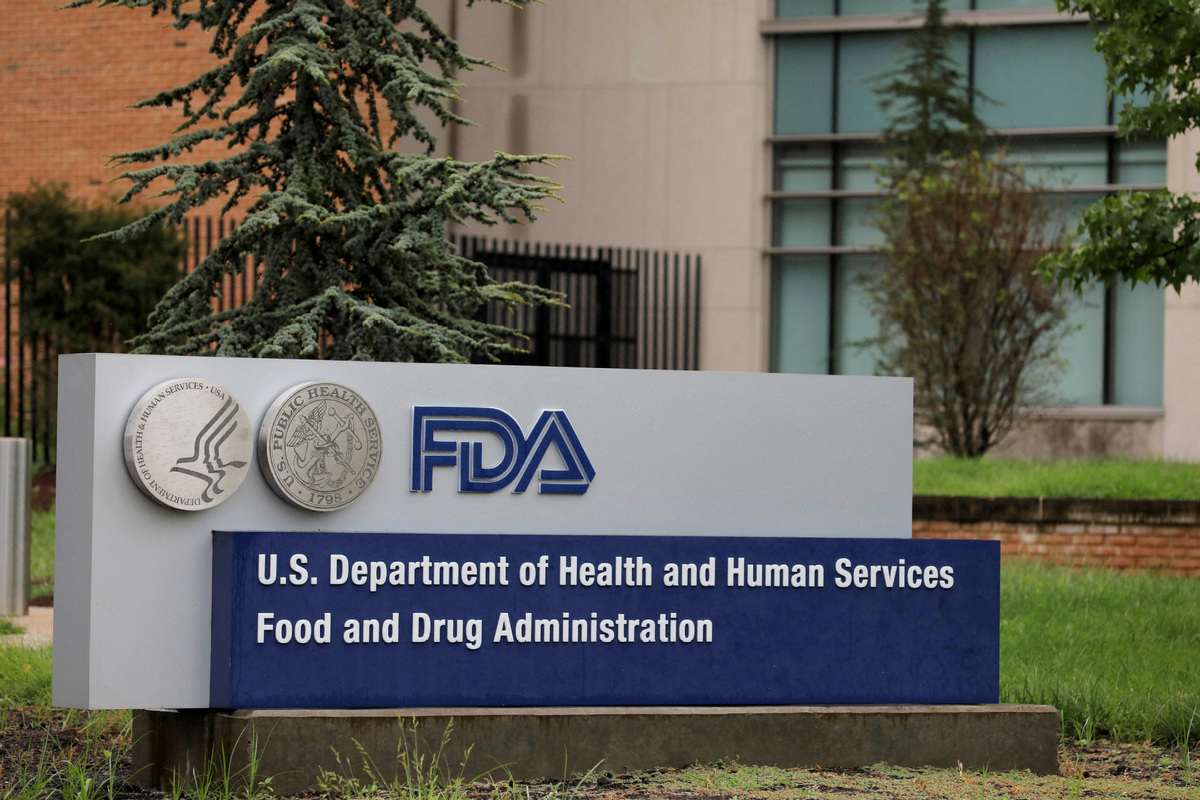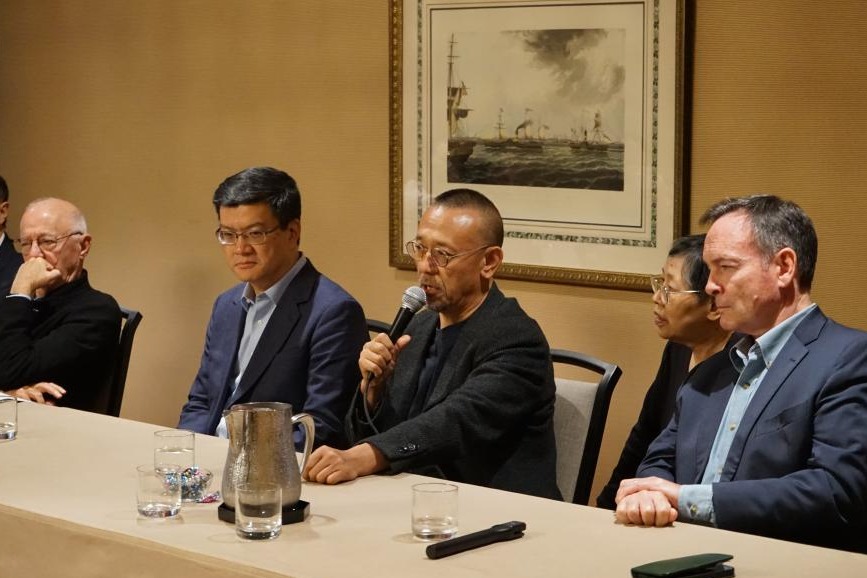Gene-editing for human illness OK'd


The US Food and Drug Administration has approved the first gene-editing therapy ever to be used in humans, for sickle cell disease, a blood disorder that affects about 100,000 Americans, mostly black people.
The agency on Friday also approved a second treatment using conventional gene therapy for sickle cell that doesn't use gene editing. It approved both treatments for patients 12 years and older.
The approvals offer hope of finally living without an affliction that causes excruciating pain, organ damage and strokes.
Red blood cells, which are normally doughnut-shaped, bend into inflexible sickle shapes, causing them to pile up inside blood vessels and prevent the normal delivery of oxygen in the body. Complications include bone deterioration, strokes and organ failure.
Sickle cell experts said that because of the cost, only a small fraction of patients in the US are expected to receive the new treatment, and it won't be available to millions of sickle cell patients overseas, particularly those in Africa.
The FDA estimates that about 20,000 patients — age 12 and older who have had debilitating pain — will be eligible for the therapies.
The gene-editing treatment, called Exa-cel and using the brand name Casgevy, was jointly developed by Vertex Pharmaceuticals of Boston and CRISPR Therapeutics of Switzerland. It is the first treatment to be approved that uses CRISPR, the Nobel Prize-winning gene editing tool, to snip patients' DNA.
The other treatment, called Lyfgenia and made by Bluebird Bio of Somerville, Massachusetts, uses a common gene-therapy method to add a good hemoglobin gene to patients' DNA.
Casgevy's approval "shows the promise of genetic therapies that seek to treat disease at the source by making a targeted change in a person's DNA", Jennifer Doudna, who shared a Nobel Prize in 2020 for her work helping discover CRISPR, told The Wall Street Journal. "It almost changes the way we define a medicine."
Patients using Casgevy will need expensive, intensive medical care and a long hospitalization.
Some health plans might not cover Casgevy because of its $2.2 million price to edit a patient's genes; for Bluebird, it will be $3.1 million.
Living with the disease is also extremely costly. On average, it costs $1.7 million for those with commercial insurance over a patient's lifetime. Patients themselves may pay about $44,000 out of pocket on average over the course of their lives.
Most sickle cell patients are insured through Medicaid, noted Dr John DiPersio, director of the Center for Gene and Cellular Immunotherapy at the Washington University School of Medicine in St. Louis. He consults for Vertex and Bluebird.
"If every sickle cell patient in Missouri gets treated, the state couldn't afford it," he told The New York Times.
Some patients also might be deterred by the weeks they would have to spend in the hospital to get treatment, including the chemotherapy that commonly results in infertility.
A bone marrow transplant has long been the only curative treatment for the disease, with an ideal donor usually being a fully related sibling. There is, however, only a 1-in-4 chance that a sibling will be a match, and most patients don't have that option. Casgevy essentially makes a patient their own donor.
In clinical trials, both therapies freed most patients from severe pain crises.
Victoria Gray, 38, a mother and wife who was the first patient to receive the experimental treatment, said that she is finally free from pain crises that felt like being hit by a truck and struck by lightning at the same time, requiring frequent blood transfusions, lengthy hospital stays and three kinds of opioids.
Vertex has only one gene-editing facility in the United States, in Tennessee, and one in Scotland.
Most hospitals won't be able to offer Casgevy. So far, Vertex has authorized only nine centers to provide its treatment. The company said it will eventually authorize about 50.
Bluebird has 27 authorized centers and also plans to add more.
Another concern involves unknown factors about the new therapy. While the panel of FDA experts concluded that the benefits outweighed the risks, doctors remain mindful of unexpected outcomes.
"We don't know yet what the long-term effects will be," DiPersio said. "We haven't followed patients long enough — just a couple of years." And stem cells, he added, "will live forever", so if CRISPR or the Bluebird gene therapy does genetic damage, it will remain.
Agencies contributed to this story.






























